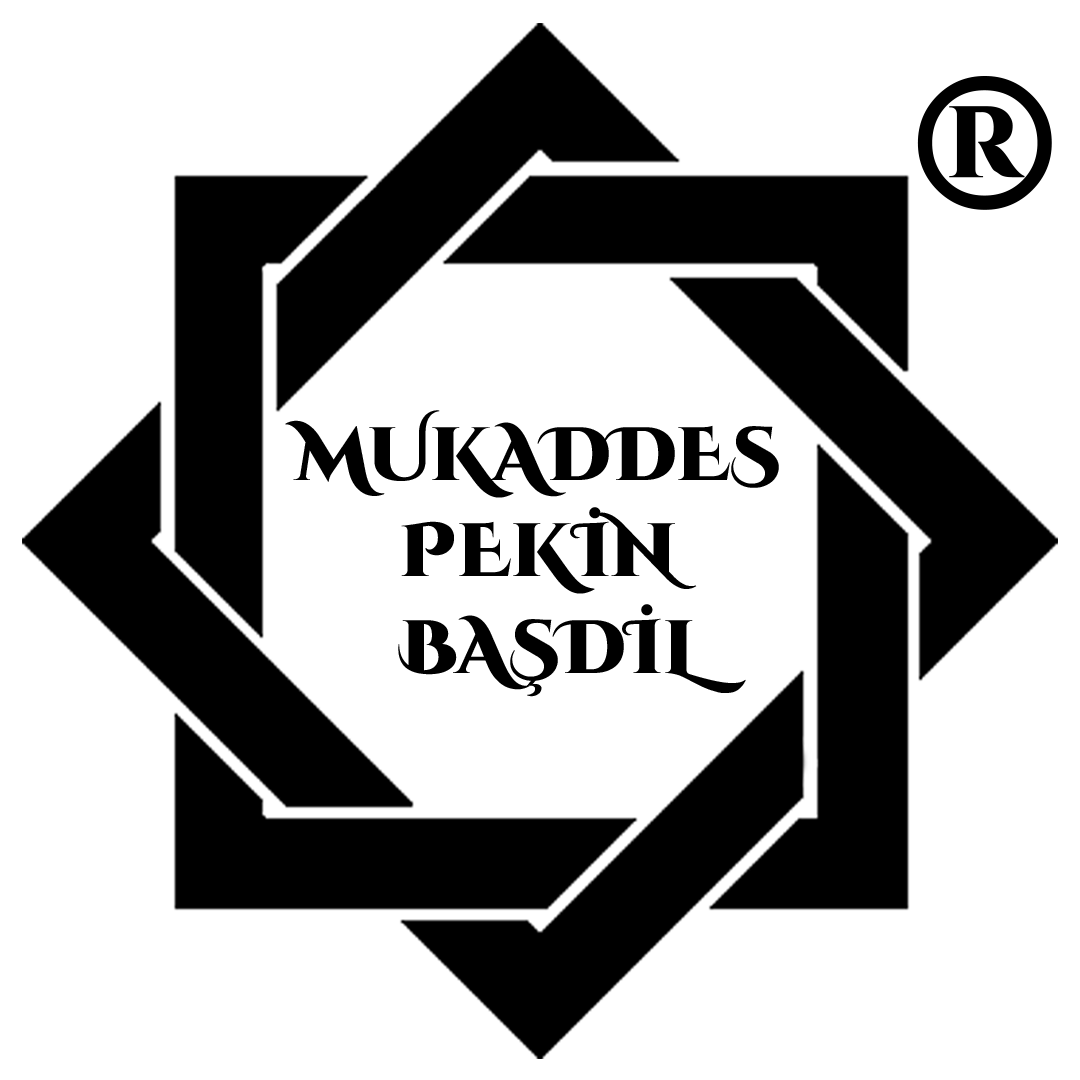No products
KNOW YOURSELF!
Years ago, while reading Gothe, I came across a sentence of his: "A person who cannot account for the past 3000 years is a day-to-day person". What did this mean and was it a bad thing to be an everyday person? What should one do to avoid being an everyday person? My entry into the world of philosophy began with such curiosity, and it was a long road, a lifelong journey...
To be human! It's so hard! And so easy! Who is a human being? What is a human being?
Human beings, like other living beings, cannot live simply by maintaining their vitality. The human being has a unique state of being alive. It is a special condition and it has to follow a different path from other living things. In other words, what distinguishes human beings from plants, animals and all living microorganisms and organisms is this special condition.
In Aristotle's words, man has a job. His job is not just to "live", but to lead a life that comes from actions that are linked to reason and done "in a good and beautiful way", that is, from the activity of the soul in accordance with virtue. Thus, man has to go beyond being a unique creature and "become a human being".
Soctates, one of the first ardent defenders of virtue and knowledge among ancient philosophers, insisted that the unexamined life is not worth living. He constantly warned people about the fallacy of "thinking they know" and argued that virtue coincides with knowledge. According to Socrates: If there is no knowledge, there is ignorance. And ignorance is dangerous.
One day the Athenians went to Delphoi to Kalkhas the Wise and asked him who was the wisest person in Athens. Calchas said it was Socrates. Then they went to Socrates and told him. Socrates was surprised and said: I know only one thing, and that is that I know nothing. Because according to him, virtue is something that can be taught with knowledge and is not innate. Knowledge of virtue is necessary for right action.
Even according to Antisthenes, the founder of the Cynic school, one of the Socratic schools: Virtue is knowledge of a certain nature. Knowledge is acquired. Only knowledge that serves moral and ethical purposes is important. Virtue is impossible without knowledge. For this reason, all knowledge must be related to human life and morality.
"If two things are often and persistently contemplated, they fill the human psyche with an ever-new, ever-increasing admiration and terrible reverence: The starry sky above me and the moral law within me," according to the German thinker Immanuel Kant: Man cannot remain a mere creature in nature. He has to build a world for himself. In this respect, man must be a being of knowledge and virtue.
Man is responsible for his actions and this responsibility is what makes him human. Only through knowledge of virtue and ethics can man know himself and learn to be human.
Turkish-Islamic thinker and folk minstrel Yunus Emre: Be righteous so that others may think you are crooked. But do not forget that you are the right person as long as you do not think you are something, and with his famous words, he engraved in the world literature that self-knowledge is through knowledge:
Knowledge is to know knowledge.
Knowledge is knowing yourself.
You do not know yourself.
How much is reading.
"Read!", the first verse of our holy book, the Holy Qur'an, in the order of its revelation, is the first command in the book and contains very deep meanings.
Kaygusuz Abdal, who says, "This is Adam, not the head with hands and feet, Adam is mana, not the form and eyebrows," asserts that the human mind is blind and lame from birth. According to him, "by knowing the human being, you know yourself." He argues that the being called human is not composed of hands, feet, head and eyebrows, that he is human not in his material existence, but in his spiritual existence, and insists on the necessity of self-knowledge in order for man to reach the truth. Self-knowledge is based on virtue. He will not deviate from lies, deceit and crookedness and will not act with selfish feelings.
Knowing is the most basic human need and the most fundamental condition of being human. Man was born to think, to love and to believe, to know. The answer to the question "What is the first duty of a human being?" is clear:
TO BE ONESELF...
Mukaddes Pekin Başdil
Researcher-Author

